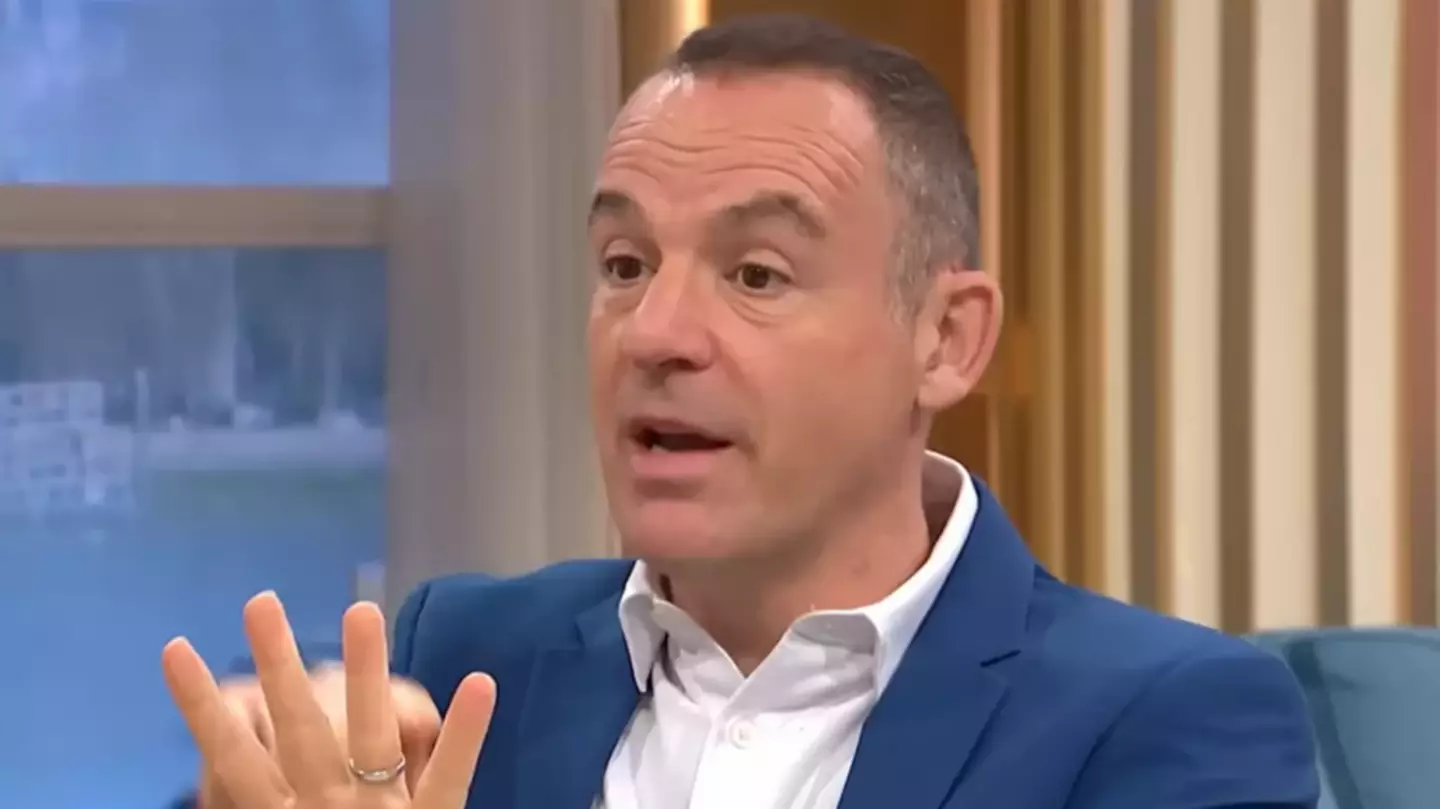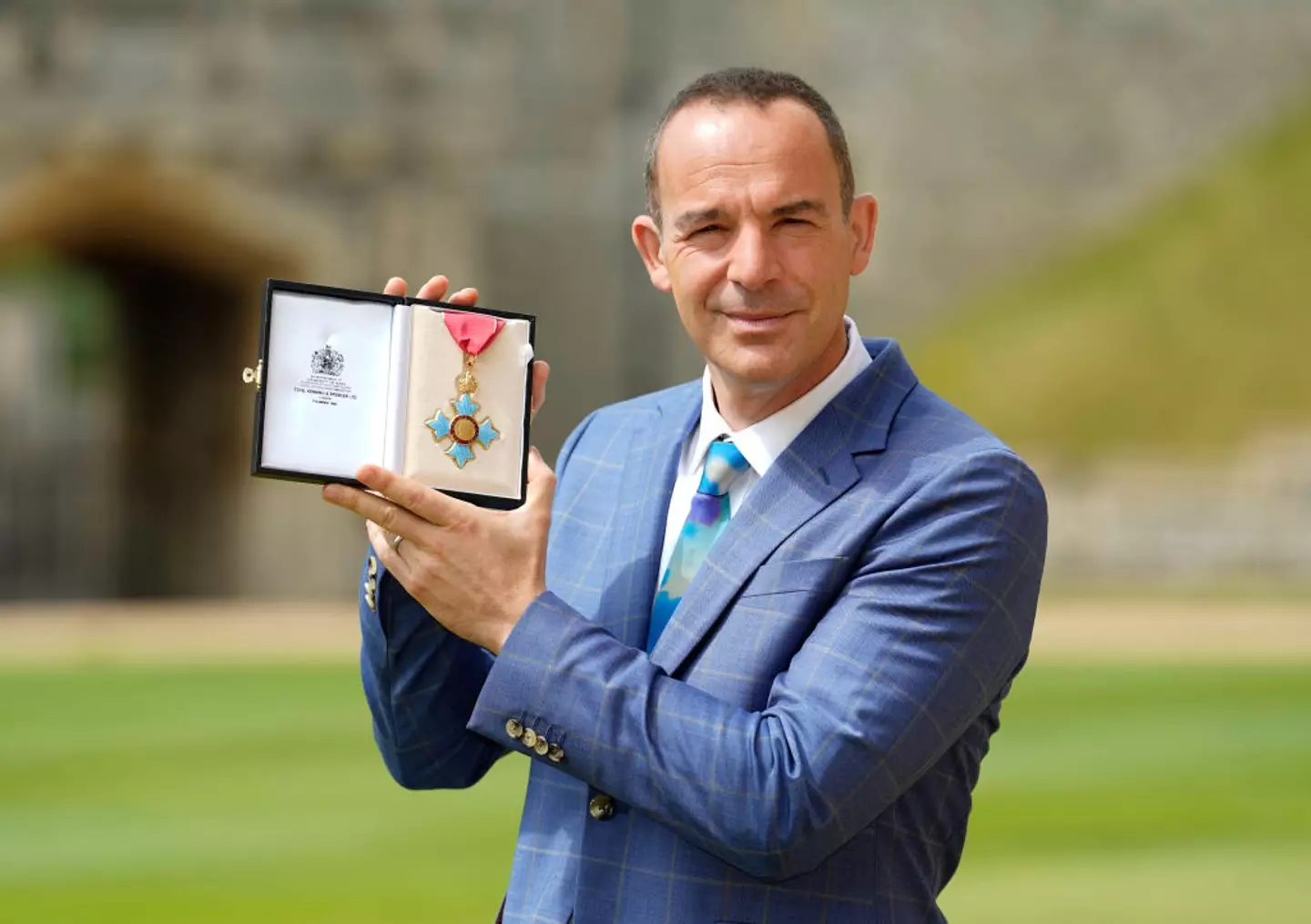
Martin Lewis has shared a warning to couples who aren't interested in getting married, as it could end up costing you a pretty penny down the line.
Due to changing attitudes around parenting, sex and relationships, many long-term partners no longer feel the need to cement their connection by tying the knot.
The decision also appears to be one which makes financial sense, given the fact that recent statistics suggest the average UK wedding costs a whopping £23,250 (via Hitched).
However, the nation's resident money-saving guru Martin Lewis has issued a stern warning to anyone thinking of saying no to a trip down the aisle, as it could end up costing them in the long run.
Advert
The financial oracle often preaches about the benefits of marriage, revealing how couples who say 'I do' are entitled to several 'legal and tax benefits'.

And now the 53-year-old has reminded Brits about why a marriage can be important when it comes to the heartbreaking inevitability of a loved one passing away.
"I thought it might be worth explaining to you what the benefit of marriage within the inheritance tax world is, and it's actually pretty substantial," he explained on an episode of The Martin Lewis Podcast back in June.
"When we talk about marriage, it applies to anyone who is married or who has a legal civil partnership."
So what are the benefits? For married couples, assets left to the surviving spouse aren't taxed, as well as the inheritance tax allowance being passed on to the deceased person's partner and then children.
"Any assets left to your spouse is automatically exempt from inheritance tax," Lewis said.
"When you die, any money, any property, any assets left to your spouse is automatically exempt from inheritance tax.
"An even more important inheritance tax boon of marriage is you can pass on your unused inheritance tax balance to your spouse. So in plain speak you don't pay inheritance tax on the first £325,000 you leave when you die."
He continued: "Above that if you're leaving your main residence to your direct descendents, so your children or grandchildren or step children, you usually get another £175,000 on top. So that's £500,000 that you can leave without paying tax on it.

"So if you leave everything to your spouse when you die, then you haven't used any of those allowances and as they're unused they get passed on to your spouse. That means when your spouse passes away their allowance and yours, which means if you're leaving the main property, they can then leave a million pounds they can pass on without paying any inheritance tax. That's a huge benefit.
"And that's why it's often worth looking at getting married or a civil partnership which counts in exactly the same way."
Pretty neat, huh?
Lewis then revealed that couples who are cohabiting are unable to access these benefits no matter how long they've been together, going on to recall a recent conversation he'd had with a taxi driver who'd gotten married off the back of his advice.

"He [the driver, referred to as 'Soho Joe'] and his partner had been cohabiting for 33 years, but they didn't have any legal representation of their relationship.
"A legal recognition of your relationship and civil partnership is also a legal recognition of your relationship without some of the, some might say, paternalistic religious overhang that a marriage has."
Topics: Money, Martin Lewis, UK News